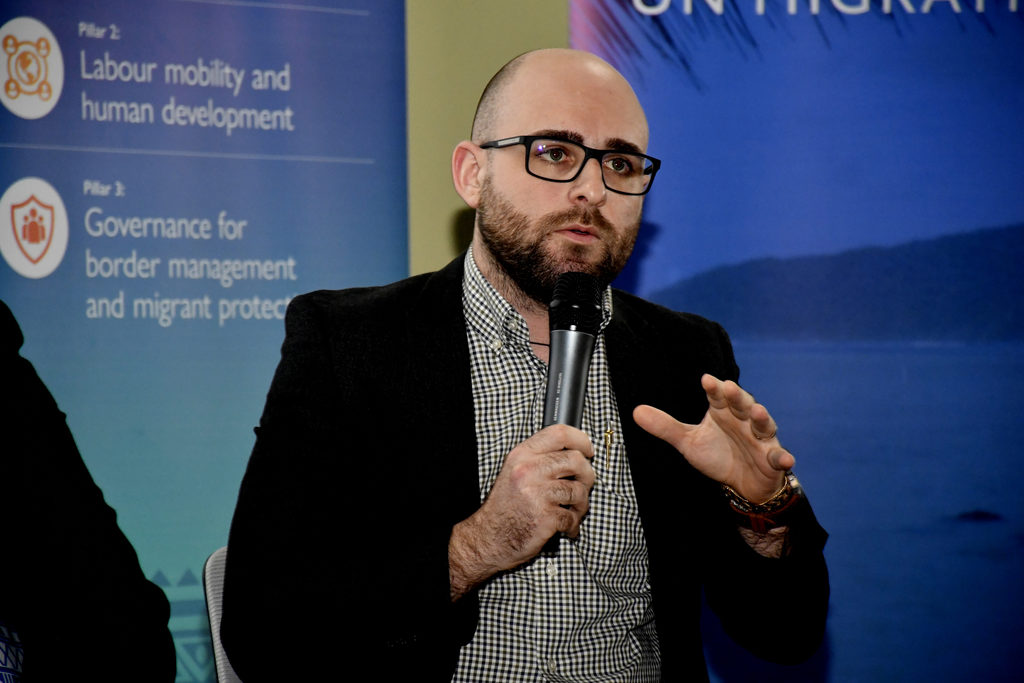Coordinating and accessing data related to human trafficking in Fiji remains the biggest challenge for the United Nations Office on Drugs and Crime (UNODC).
Speaking at a recent panel discussion on human trafficking in Fiji, UNODC regional adviser for Transnational Organised Crime and Cybercrime Matthew Watson said the issue was not exclusive to the organisation.
He said it was also a major barrier for agencies such as the International Organisation for Migration (IOM), Fiji’s Immigration Department, the Fiji Police Force, and the Employment Ministry.
“Data. I’m sure this is of no surprise to anybody, is one of our greatest challenges,” Mr Watson said.
“We are struggling with coordinating data. It’s something we certainly cannot get.”
Mr Watson noted that despite significant efforts, including the release of UNODC’s Transnational Organised Crime Threat Assessment in October, compiling reliable data remained a difficult and time-consuming process.
“We spent almost two years collating all of that information.
“It covered many aspects of crime, smuggling migrants, human trafficking, understanding the roots, and understanding the actors involved.”
Mr Watson acknowledged progress through Fiji’s National Action Plan on human trafficking, particularly its focus on building a working group around data, but said much more needs to be done at the regional level.
“One of the areas that I would like to see all of us do collectively in the Pacific, is coordinate and collaborate a bit more… to understand what data is available, where the gaps are, and see what we can do to help augment the opportunity around human trafficking.”
With evolving technologies and growing internet coverage across the Pacific, Mr Watson believes there is potential to take a more victim-centred approach in the future.
“There are so many opportunities, especially with open source intelligence and the use of technology.
“I think we’re really on the cusp of being able to become more victim-centric, to do better for the survivors.”

